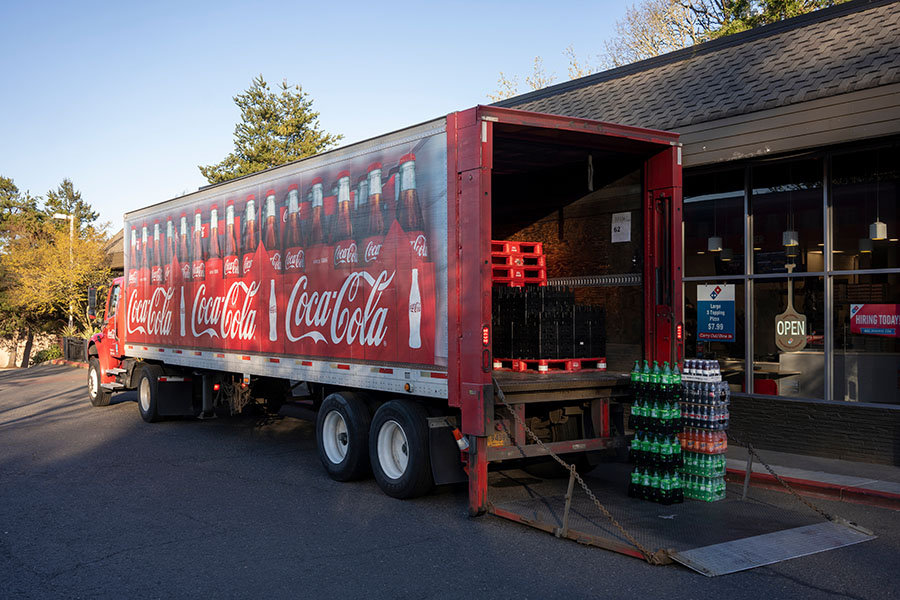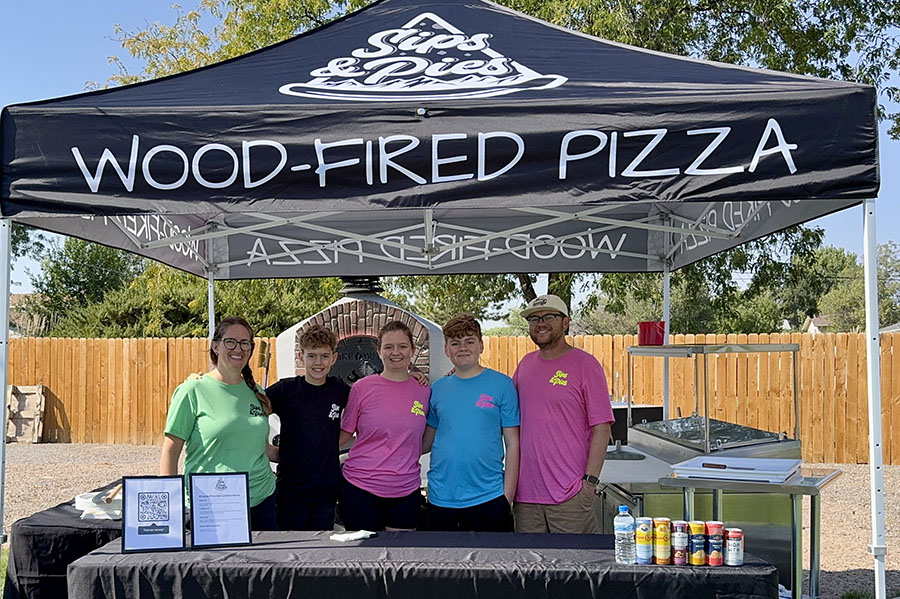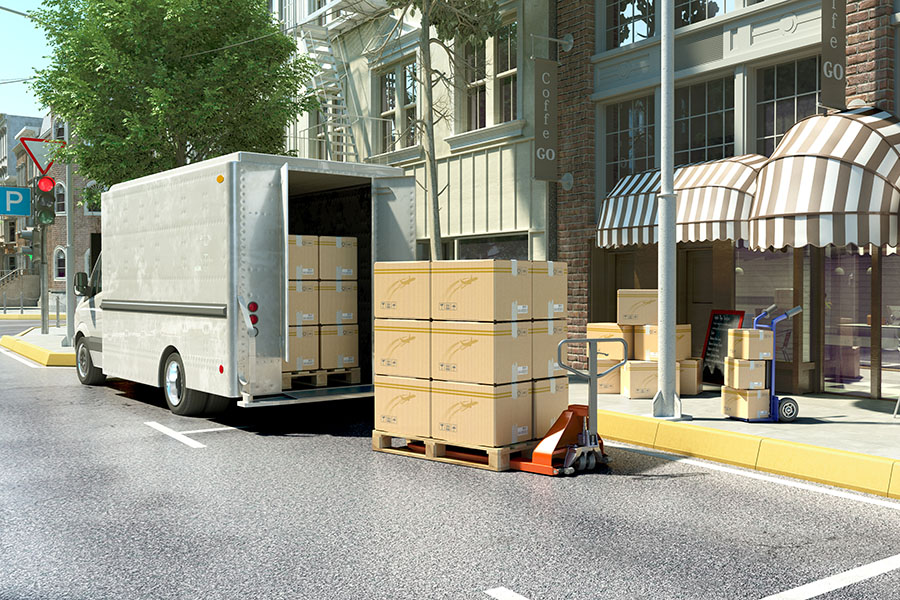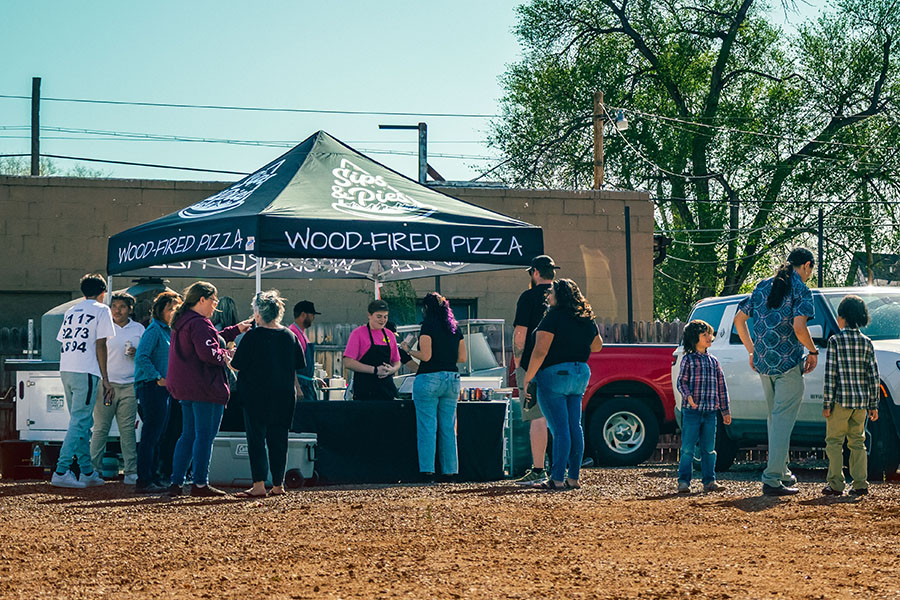Pizzerias Can Choose to Source Ingredients From Distributors, Retailers, Local Farms or a Mix of All Three
(Editor’s note: This is the ninth installment in a series about opening a mobile pizzeria by Jason Cipriani, co-owner of Sips & Pies. You can read the other articles here.)
Sourcing ingredients and supplies for your mobile pizzeria feels like it should be an easy process. You find a distributor, sign up for an account, place an order, and it gets delivered a day or two later. And for the most part, that’s how it works. But establishing relationships with distributors and vendors has been a process.
When it comes purchasing ingredients, as you likely learned (or will learn) in your state-required food-safety training, you can’t buy your food from just anyone – you’ll need to purchase it from retail sources such as food distributors, retailers such as local grocery stores, local farmers or farmers markets. Each food seller has its own set of pros and cons. Here are my experience and lessons learned thus far into our journey:
Food Distributors
As soon as we had our state sales tax license and EIN, I started applying at food vendors. I primarily wanted to establish relationships with local reps, but I also wanted to educate myself about the logistics of placing orders, receiving orders and pricing information – both to understand our cost of goods but also to price our pizzas.
In general, you’re going to get the best prices from large distributors, but that comes with caveats as well. Some distributors have a minimum number of cases they require for any deliveries. Additionally, distributors won’t deliver to your home address, so you’ll need some sort of business for your deliveries – such as your commissary or another restaurant.
For the most part, distributors sell food in bulk, so you’ll have to pay attention to quantities when ordering. For instance, we’re actively trying to avoid as much food waste as possible, so even though we can get, say, a pound of basil for $8, we’d end up throwing out half of it. Instead, we’re going to start buying 8 ounces of basil from the grocery story for $10.
My biggest complaint about using large distributors as a small startup pizzeria is that we’re often not taken seriously. I spend a lot of time advocating for myself and our business with vendors. I recently had a drink distributor tell me they were concerned about doing business with a food truck because their minimum order is $200, and they questioned whether we could support that.
Don’t be afraid to be persistent, especially if emails and text messages are going unanswered.
Food Retailers
Another option for sourcing ingredients is using a retailer – be it a local grocery store or big-box retailer such as Costco or Sam’s Club. We’re currently supplementing our distributor orders with shopping trips to for things like garlic (and soon, basil).
Three of our staple ingredients – flour, cheese and meat – aren’t even available in grocery stores, so we’re forced to source those through a large distributor. Our tomatoes are available at Target and Whole Foods – sold in 28-ounce cans for around $5 per can, which is enough for 14 pizzas. Meanwhile, I can get a 102-ounce can of tomatoes from a distributor for $9.48, which is enough for 51 pizzas. That’s an easy decision.
I spend a lot of our down week shopping prices and quantities of non-staple ingredients between distributors and grocery stores. Sometimes it saves us money, other times it saves us from creating waste.
Local farmers
I didn’t shop at local farmers markets last year, but this spring I was eager for their shelves to be stocked with fresh produce and other products. I’d love to feature as many local ingredients as makes sense on our menu.
There’s a local garlic farm I want to try, and last summer I saw a farm offering locally grown basil that would be nice to have as an option.
I don’t quite have the entire product sourcing workflow down yet. We’re too new, and I’m too green. But every week and every order is another opportunity for me to learn.
I’m still trying to figure out how to balance it all, and I’m sure I’ll make plenty of mistakes along the way, but that’s just part of the process.
JASON CIPRIANI is the owner of Sips & Pies, a mobile wood-fired pizzeria serving Neapolitan-inspired pizza, in Colorado.





